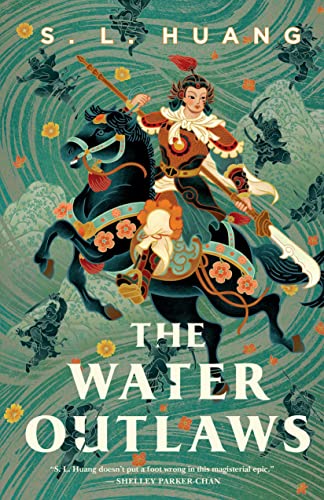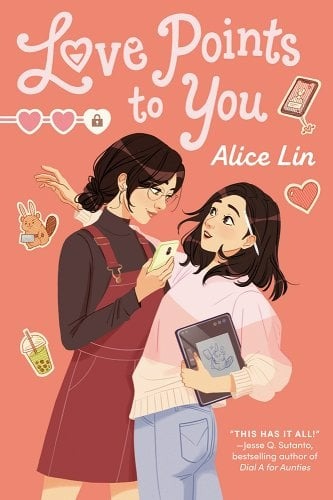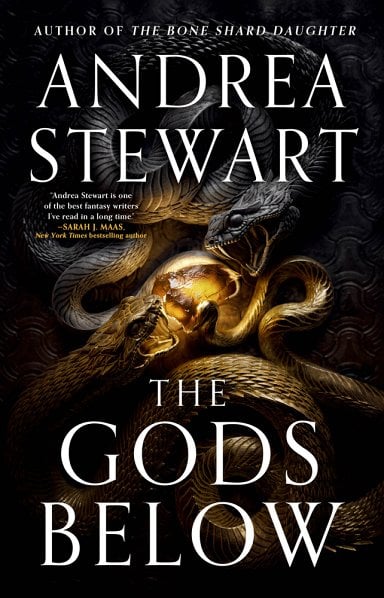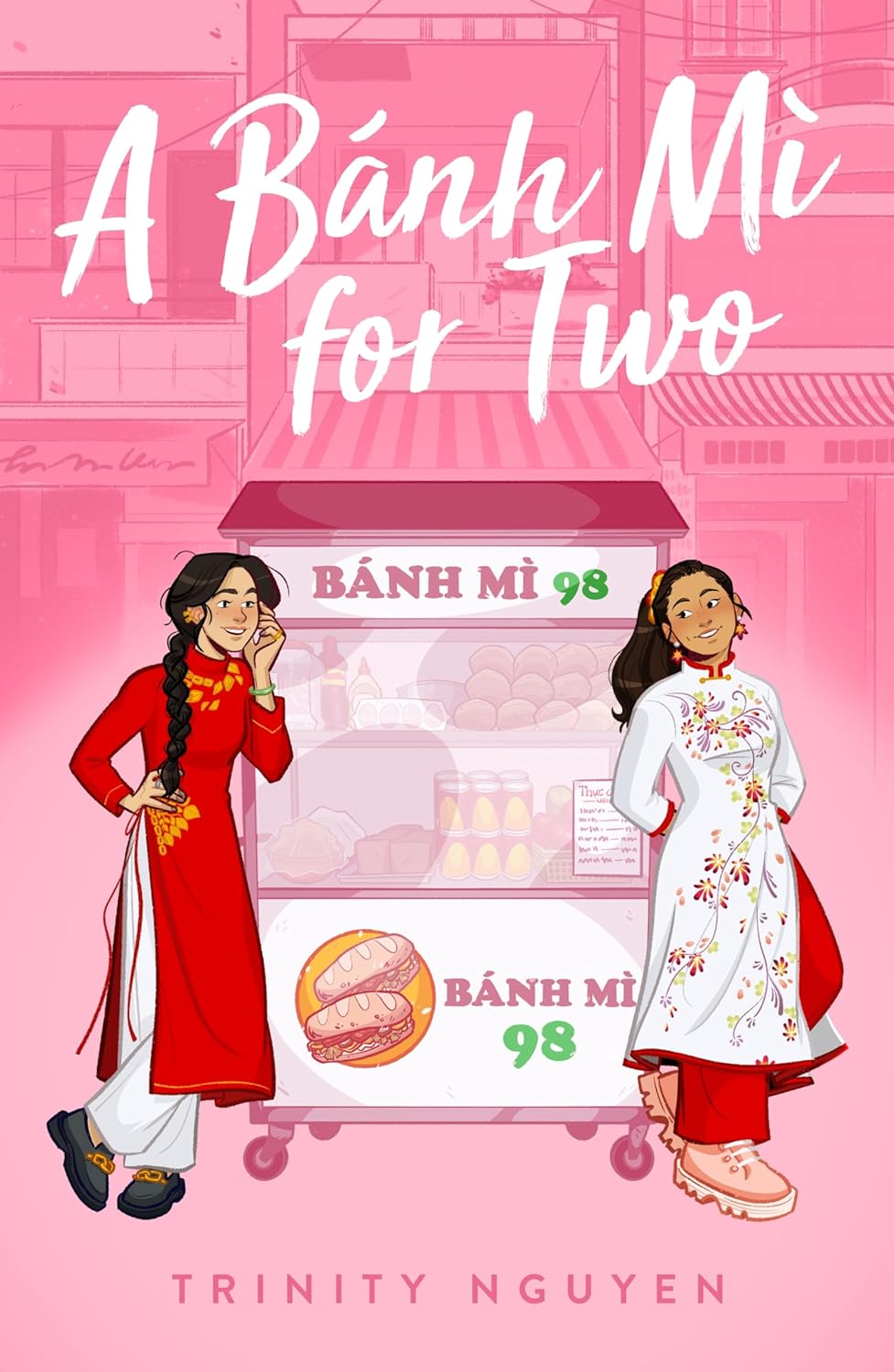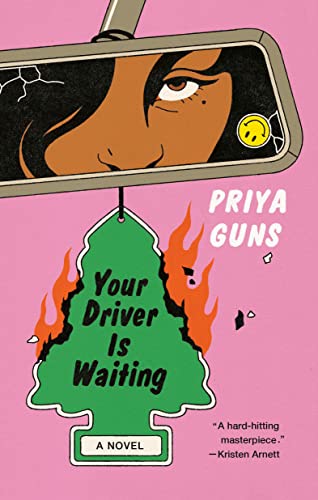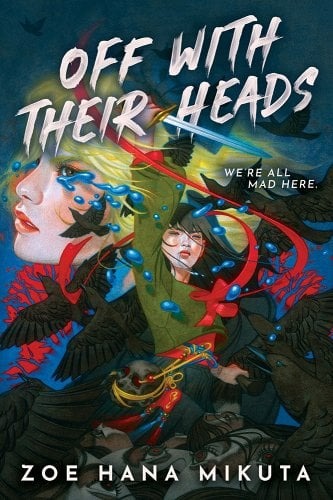I love stories about knights, especially gay knights, and especially repressed knights. Something about the parallels of wearing full armour to protect yourself and keeping all emotional walls up is something I find extremely compelling to read. So Neon Yang’s novella Brighter Than Scale, Swifter Than Flame (out May 6th, 2025), about a stoic knight who never removes herRead More
Queer Bandits Fight Back: The Water Outlaws by S.L. Huang Review
The Water Outlaws by S.L. Huang is an action-packed, genderbent homage to a work of classic Chinese literature, but you don’t have to have prior knowledge of the source material to have a good time with these bandits. In Liangshan, a large group of bandits, mostly women, are forced to live outside the bounds ofRead More
A Sweet and Swoony YA Romance: Love Points to You by Alice Lin Review
First of all, this is of my all-time favourite YA covers. It’s so adorable. And I’m happy to say that the story delivered. We’re following Lynda, a teenager who is devoted to getting into her dream art school. Unfortunately, her father just remarried and she now has to share a room with her stepsister, Josie.Read More
A Queer and Compassionate Foodie Manga Series: She Loves to Cook, and She Loves to Eat Vols 1-5 by Sakaomi Yuzaki Review
We’ve recommended this sapphic manga series at the Lesbrary several times before, but that was when there were only a couple volumes out. I just finished volume five, and I needed to let you all know that it has only gotten better with time. She Loves to Cook, and She Loves to Eat is myRead More
Separated Sisters and Warring Gods: The Gods Below by Andrea Stewart Review
Andrea Stewart’s The Gods Below is the start to her new Hollow Covenant trilogy, which follows two sisters in the aftermath of a war between gods. The sisters are not gods—they are ordinary people, forced to flee their home before the prevailing god could change it, and them, into something unrecognizable. While Hakara, the oldest, makes it intoRead More
A Delicious Debut: A Bánh Mì for Two by Trinity Nguyen
A Bánh Mì for Two by Trinity Nguyen (she/her) is the perfect delicacy to round out your February reading. This dual perspective debut novel follows two young women over the course of a semester as they learn more about themselves, each other, and the rich, beautiful, and complex Vietnamese culture that binds them. Lan is aRead More
Three Hope-Filled Sapphic Graphic Novels
I appreciate when coming-of-age stories show people continuing to learn and grow through college and beyond, and this month, I read three graphic novels in that vein: two college stories and one memoir. All of these stand-alone books feature adults but are appropriate for young adult readers, and all of them are lighthearted. Bunt! StrikingRead More
A Ride You Won’t Forget: Your Driver is Waiting by Priya Guns Review
Your Driver is Waiting is a whirlwind debut that you should immediately add to your TBR. Engaging, timely, and compulsively readable, Priya Guns’ (she/her) writing style kept my attention from page 1 all the way through the acknowledgments. That’s no small feat. Guns charms readers with her portrayal of chaotic, yet lovable Damani Krishanthan, a Tamil,Read More
A Wicked Wonderland: Off With Their Heads by Zoe Hana Mikuta Review
It’s been five years since young witches and lovers Caro Rabbit and Iccadora Alice Sickle were both sentenced to Wonderland, the dark forest where monsters called Saints lurk, for a crime they didn’t commit. In the process of escaping, they break one another’s hearts. Now Icca will stop at nothing to exact her revenge onRead More
A Geeky, Charming Workplace Romance: Single Player by Tara Tai Review
In this dual POV romance, Cat starts working at a video game company, hired to add in romance plot lines to a fantasy game in progress. Her boss is Andi (who uses she/they pronouns), who is skeptical of the addition of romance to the game, to put it generously. It’s the result of a “suggestion”Read More
- 1
- 2
- 3
- …
- 10
- Next Page »

